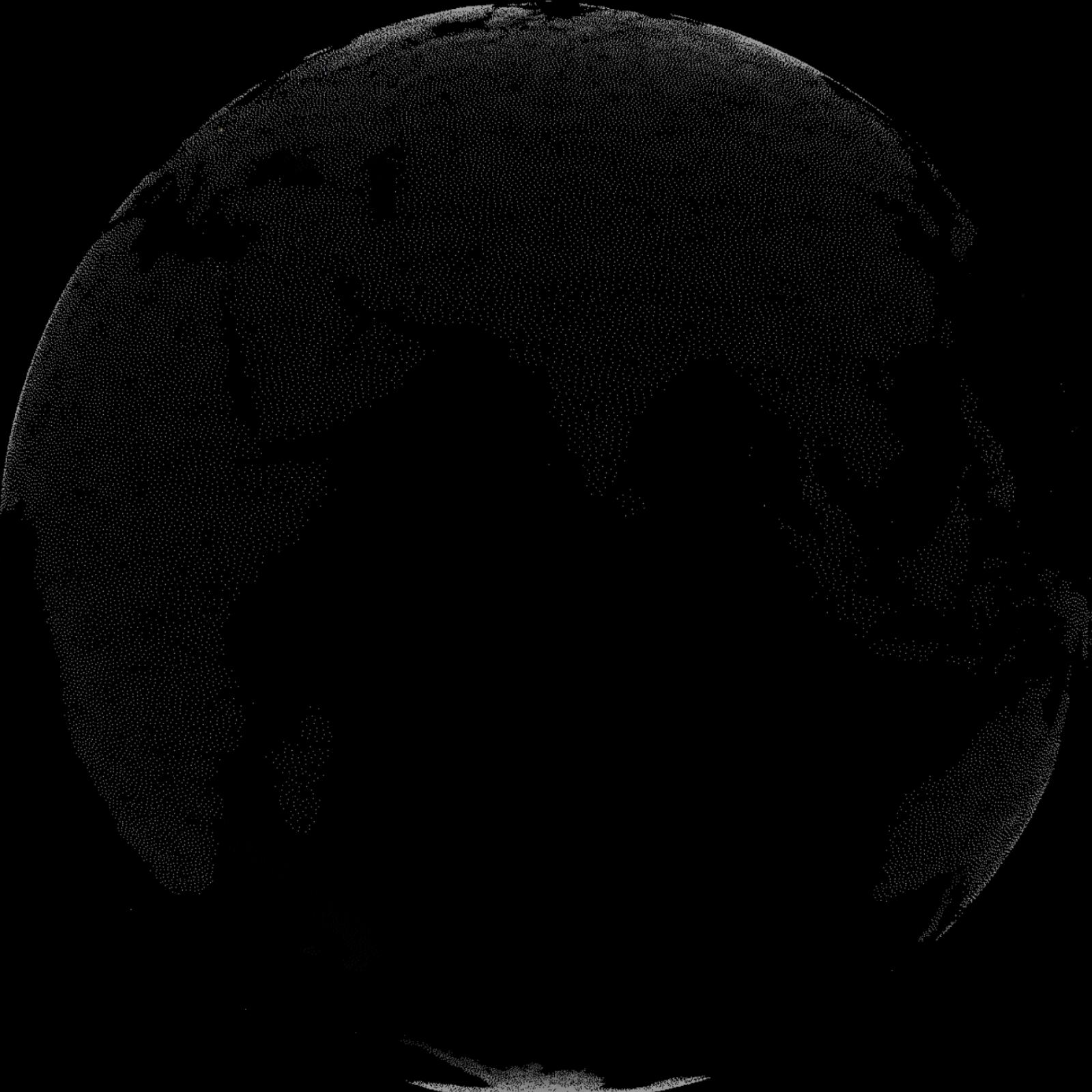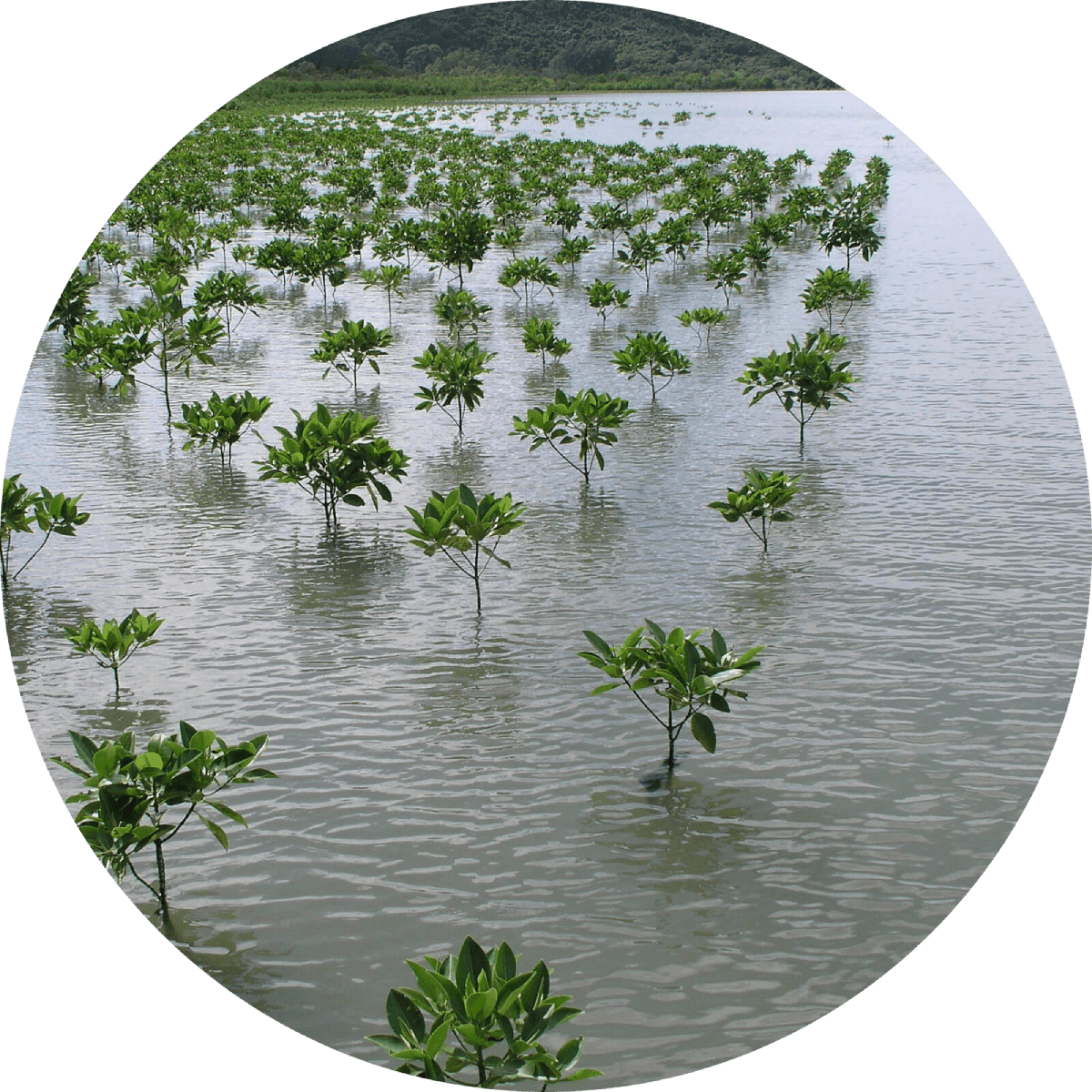Mekong giant catfish
2023 CE • Mekong Basin
The largest exclusively freshwater fish ever recorded, the Mekong giant catfish makes its home in Southeast Asia's Mekong Basin. "The Mekong giant catfish has one of the fastest growth rates of any fish in the world. It can reach up to 440 pounds in only six years. They can live up to 60 years. Highly migratory, the species requires large stretches of river and very specific environmental conditions for its seasonal journey to spawn and breed. While scientists don’t know exactly how the fish move, the Mekong giant catfish is believed to spend much of its time feeding in Cambodia’s Tonle Sap Lake and then migrating hundreds of miles north to spawning grounds in Thailand. These giant catfish were once plentiful throughout the Mekong basin, but their numbers are believed to have dropped by at least 95 percent over the past century . . . Some experts think there may be only a few hundred, or even fewer, adults left in the Mekong River. Overfishing is the primary cause of the giant catfish’s decline, but damming of Mekong tributaries, destruction of spawning and breeding grounds, and siltation (a process by which water becomes dirty with fine mineral particles) have also taken a huge toll."
"Mekong giant catfish," National Geographic.
Image: The Great Mule of Eupatoria, CC BY-SA 4.0, via Wikimedia Commons


Learn about Maya Lin’s fifth and final memorial: a multi-platform science based artwork that presents an ecological history of our world - past, present, and future.

Discover ecological histories and stories of former abundance, loss, and recovery on the map of memory.

Learn how we can reduce our emissions and protect and restore species and habitats – around the world.

See how art can help us rethink the problems we face, and give us hope that each one of us can make a difference.

Help make a global memorial something personal and close to home. Share your stories of the natural world.


